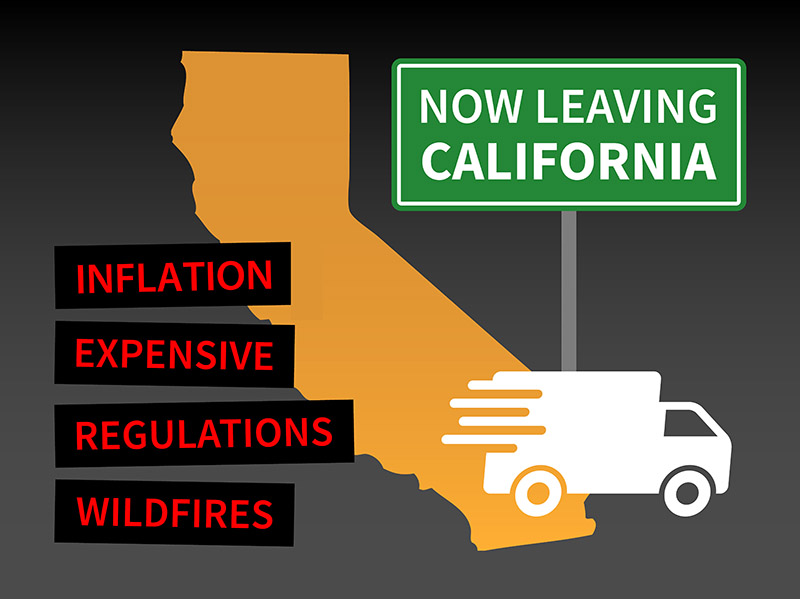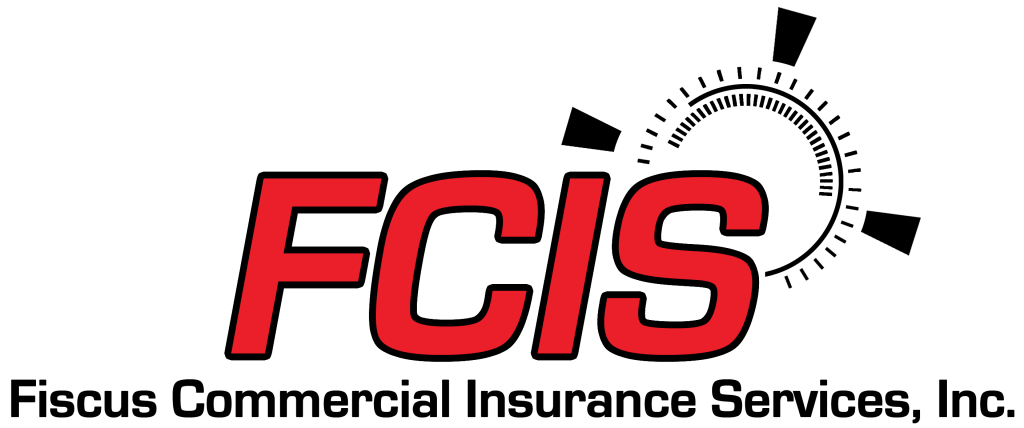Insurance Inferno: Major Insurers Withdraw New Fire Policies from California
- June 14, 2023
- / FCIS Team
- / Uncategorized


As fire season approaches, major insurance companies are turning away coverage in California, citing self-preservation as they take a step back from the perceived risks. The exorbitant costs of rebuilding, surpassing even the bounds of inflation, cast a shadow over the profitability landscape. And to compound their worries, the reinsurance market, their own safeguard, now dances to a more expensive tune.
What are your options if your business does not qualify for fire insurance coverage? As finding solutions is what we do…here are some alternative risk management strategies you can explore to protect your business:
Surplus Lines Insurance
Surplus Lines Insurance provides coverage for unique and high-risk exposures that are not readily available in the standard insurance market. As it can be purchased across state lines, it’s not subject to the same regulations and restrictions as standard insurance, allowing it to provide coverage for risks that may not be available in a particular state's insurance market. This flexibility allows individuals and businesses to seek coverage from surplus lines insurers located in other states to meet their specific insurance needs.
Single Parent and Group Captives
Single Parent and Group Captives are insurance structures that provide companies with greater control over their insurance programs. They also have potential cost savings and tax advantages, including tax deductions for insurance premiums and the ability to accumulate reserves on a tax-deferred basis.
Single Parent Captive (SPC)
Single Parent Captive (SPC) is an insured-owned insurance company that provides coverage for affiliated businesses, addressing risks not covered by conventional insurance policies, using scaled-down strategies from Fortune 500 companies to achieve similar benefits, even without a fronting and reinsurance agreement commonly found in middle market companies.
Group Captive
Group Captive enhances control over an insurance program for long-term cost reduction and stability in workers' compensation, general liability, and auto insurance, achieved through a loss-sensitive program tailored to each member's individual loss experience rather than general market classifications, incentivizing risk management and loss control. Members of a captive have incentives for managing risk and controlling losses as they are an owner in an insurance company and not just a buyer of insurance.
As we wind down our risk management strategies, a not-so-gentle reminder to be proactive and implement measures to safeguard your business, such as:
Fire Risk Assessment and Mitigation
Conduct a thorough assessment of your business's fire risks and implement proactive measures to minimize those risks. This may include implementing fire safety protocols, installing fire detection and suppression systems, conducting regular maintenance of electrical and heating systems, and training employees on fire prevention and response.
Property Upgrades
Invest in fire-resistant materials and construction techniques to reduce the vulnerability of your property to fire hazards. This may involve retrofitting your building with fire-resistant doors, windows, roofing materials, and insulation.
Emergency Preparedness
Develop and regularly update a comprehensive emergency response plan specific to fire incidents. Train employees on evacuation procedures, designate assembly points, and ensure that fire extinguishers are accessible and in proper working condition. Collaborate with local fire departments and emergency services to enhance your preparedness and response capabilities. You can learn more on OSHA's Wildfire Preparedness page.
Legal and Regulatory Compliance
Ensure your business complies with all fire safety regulations and building codes applicable to your industry and location. Non-compliance can result in severe penalties and increased risks. Cal/OSHA has some handy tips for Worker Safety and Health in Wildfire Regions.
We realize we have shared quite a bit of info; if traditional fire insurance is not available, working with a seasoned Insurance professional is recommended, as they may be able to provide alternative insurance coverage options or suggest additional risk management strategies. It's what we do for our clients; we work with over 100 carriers to tailor coverage specific to the needs of each client. Contact us to see how we can best support your business.
 Understanding the Difference Between Accounts Receivable Coverage and Trade Credit Insurance: Which Is Right for Your Circumstance
Understanding the Difference Between Accounts Receivable Coverage and Trade Credit Insurance: Which Is Right for Your Circumstance